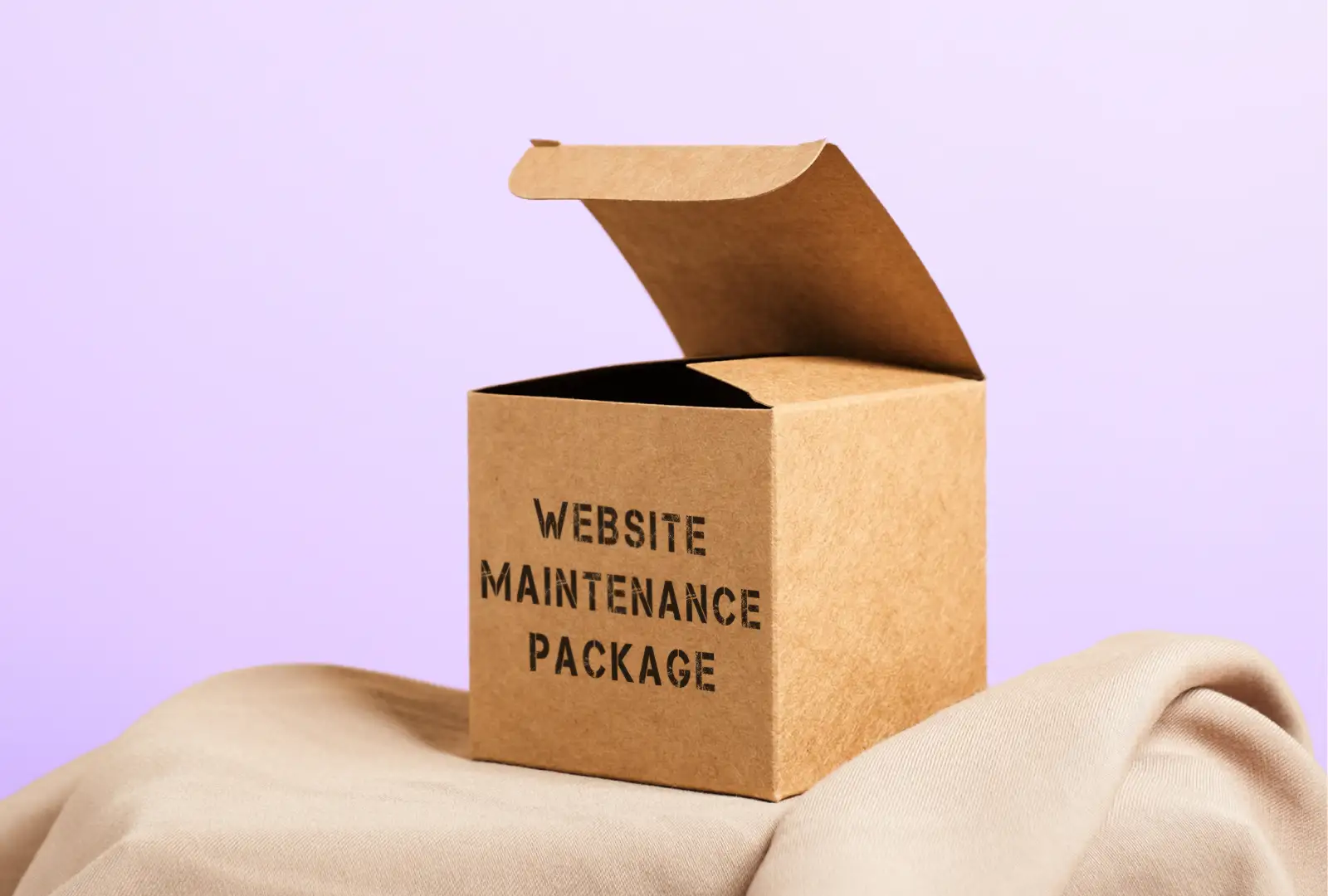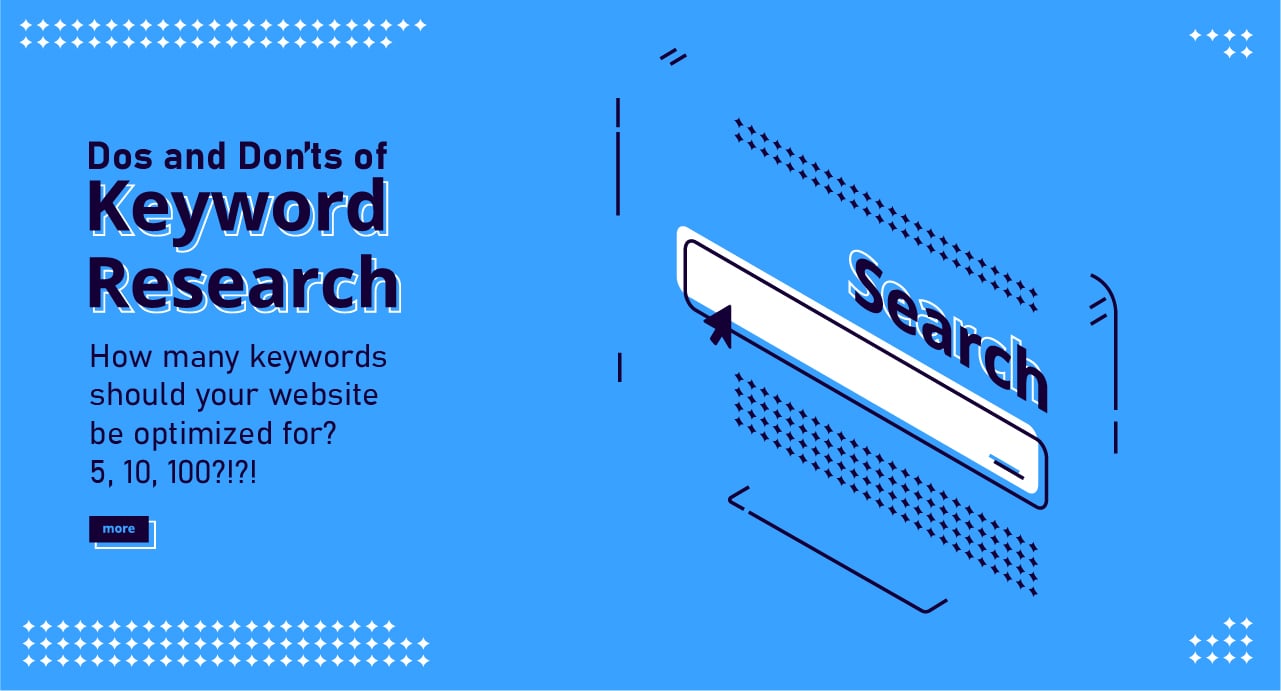You hear the word security all the time. Unfortunately, these days it’s usually in reference to the latest breach a company is notifying us about. We sit back and wonder how these breaches happen again and again. Are companies not being careful? Are their websites not secure? Could it happen to your business? Maybe website security is an illusion…
What is website security?
Website security at its core is the action of protecting a website from cybersecurity threats. Usually through the use of a secure hosting plan. But it’s so much more than that. Not only is website security a bit different for every business, but it’s also a combination of a variety of elements. Proper website design, coding, user access, active scanning, monitoring, firewalls, SSL certificates, backups, and plain old common sense are a handful of the biggest pieces of security you can put into practice. I’ll touch on a few of the most important ones here and we’ll continue to discuss this in future articles.
SSL Certificates (HTTPS)
User Access
From time to time it will likely be necessary to give another person access to your website. They may be a marketing company, graphic designer, social media person, the list goes on. When someone requests access to your website STOP and do the following:
- Check the legitimacy of the company/person asking you for access. If you are skeptical at all about a company or cannot speak to a person directly, don’t give access.
- Ask why the company/person needs access to your website. The truth is they may not actually need it. If you can avoid giving out access, do so.
- If someone absolutely needs access to your website, set them up their own account with a unique password. If anything happens or you stop working with that company, this gives you the ability to withdraw their access without having to make major changes.
Backups (Last but certainly not least)
This is by far the most critical piece of any security plan. Why you may ask? Remember at the top when I said, “website security is an illusion”? In today’s world, that is essentially true. Hackers working alone or in small groups often can work faster than the large companies creating security programs and software. This typically means that by the time software is released, or shortly after, they have found backdoors or other flaws that will circumvent the security.
I’m not saying website security isn’t critical or that you shouldn’t do it. I’m saying keep in mind that no matter how secure your business or your website is, it can always be compromised. Instead of worrying about it, put a website security plan in place and make sure it includes backups, just in case.
Keep Your Website online & protected.
Interactive Design Solutions protects your digital presence and keeps your site updated.



